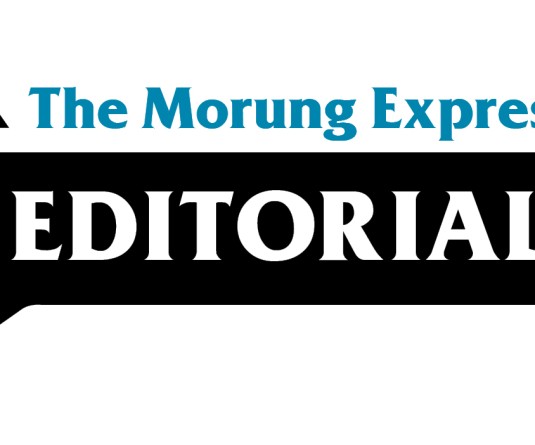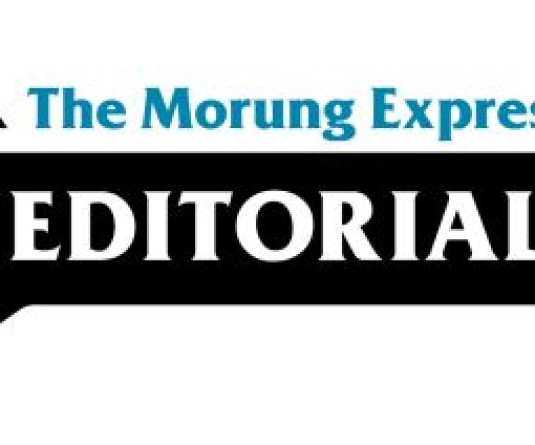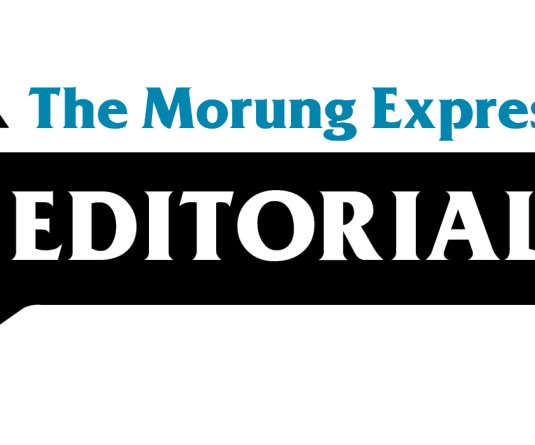
If the first casualty in armed conflict is the truth, the next are civilians who are often rendered speechless and faceless by the scourge of violence. Caught between conflicting parties they are often the ones that are in need of assistance, but are unfortunately reduced to crude statistics by the media. Empowering them with a voice can be vital for mobilizing the support necessary to protect human life and dignity and addressing the culture of impunity and urging respect for human values.
The manner in which information is used or misused can affect the nature of any given situation. Human experience has adequately shown that misuse of information can have adverse consequences in armed conflict; just as information used appropriately can save lives. The manner in which information and media was used to incite genocide in Rwanda is an example of how people were manipulated to foment hate and incite mass violence. Misinformation, distortion of facts, dehumanizing language, accusations and counter-accusations and hostile propaganda are commonly employed in armed conflict.
It is in this climate of confusion and suspicion that the media must function without compromising its soul. For media to assume a fundamental role in contributing to peace, it is of utmost importance that it does not succumb or become an accomplice to either state violence or secondary violence. Hence, it is essential for the media to take a principled and ethical stand which would allow it to sensitively, cautiously and impartially maneuver its way in ensuring that the truth does not become a casualty, rather a live giving element of human liberation. It needs to bring out the deeper underlying issues of the conflict and to take responsibility of disseminating accurate and impartial information that empowers people to make informed and democratic decisions.
It would be fair to say that whether through fear or ignorance, that media is often regarded with suspicion and distrust since information is often perceived as something to be controlled or used for promotional purposes. This limited and unfortunate perception of the media has limited media’s own role in contributing towards empowering the people in addressing the crisis and protecting the rights of the people.
For media to regain the trust of the people, it is imperative to develop free and independent media serving the needs of all levels and sections of society. It means the need to counter misinformation; provide essential information; bolster support for accurate local news coverage; assisting in creating programmes aimed at promoting understanding and respect. In essence it means a people-centered media that facilitates the voice of the people in mobilizing the necessary support to preserve and improve the quality of human life.






